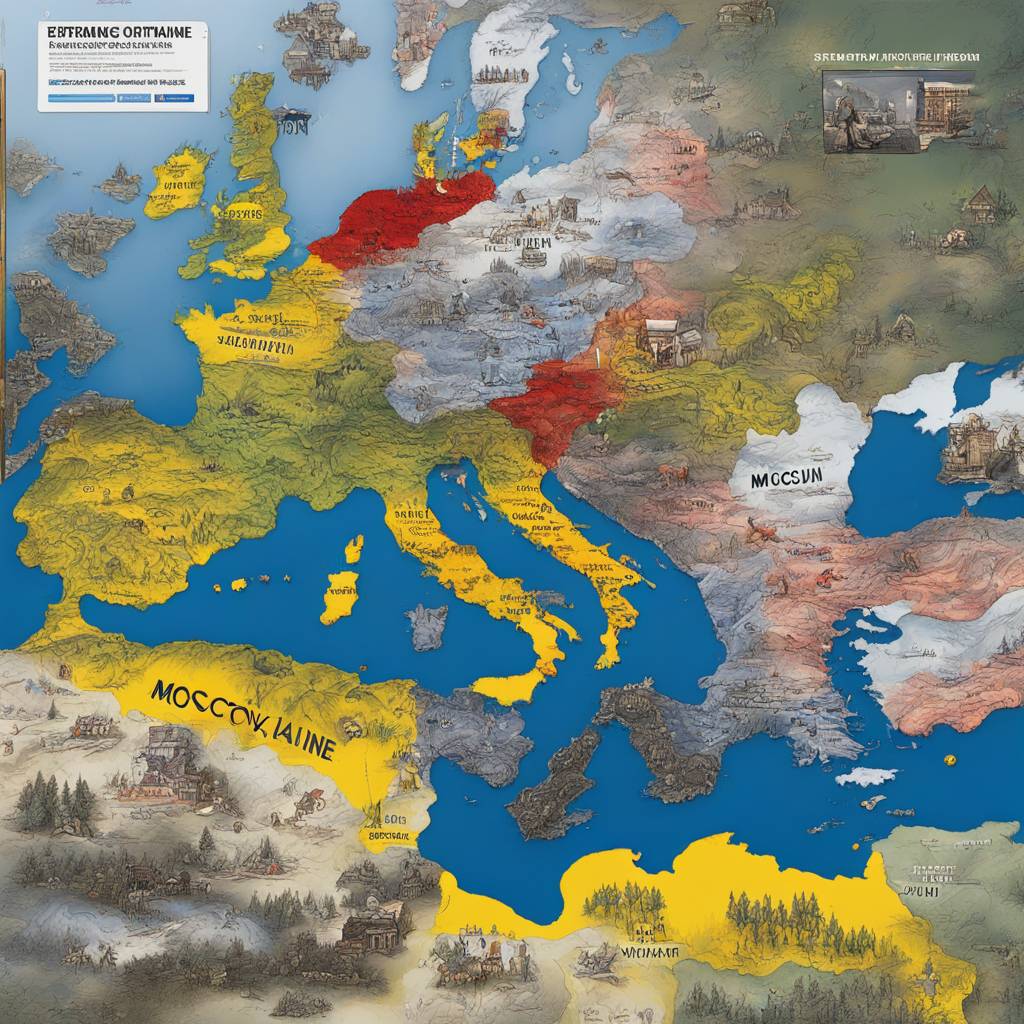The European Commission has warned Russian President Vladimir Putin against using the recent Moscow terror attack as a reason to escalate the war against Ukraine. The EU is concerned about Russian officials’ allegations that Kyiv was involved in the attack, which killed over 100 people and injured many more. Despite the claims, there is no evidence to suggest Ukraine’s involvement, and the Kremlin’s accusations have raised concerns that Putin may use the tragedy to justify further aggression towards Ukraine, which has been ongoing for three years. The EU has called on Russia not to use the terrorist attack as an excuse to increase aggression against Ukraine or internal repression against the regime’s critics.
An Islamic State affiliate based in Afghanistan has claimed responsibility for the attack, which saw armed men storm a concert venue in Moscow and open fire on the crowd. The US has corroborated the IS claim, but Russia has not officially acknowledged it. Four men have been charged with committing terrorism acts in relation to the attack. Putin attempted to link the attackers to Ukraine in a televised speech, but Ukrainian President Volodymyr Zelensky firmly rejected the claims, describing them as absurd. Zelensky’s advisor also criticized the allegations as baseless and not grounded in reality.
The terror attack in Moscow is seen as a political setback for President Putin, who had recently claimed a landslide victory in presidential elections deemed illegitimate by Western nations. The attack has raised concerns about Russia’s vulnerability to terrorism following the severing of international ties due to its invasion of Ukraine. The EU has suspended cooperation with Russia in the fight against terrorism due to the country’s disregard for international humanitarian law. While the EU would be open to credible proposals for collaboration with Russia, the current regime’s actions make it challenging to imagine a basis for cooperation at this time.
European leaders have sent condolences and expressed solidarity with the victims of the attack but have not addressed Putin directly or expressed support for his government. Following the attack, France raised its terror alert to the highest level of “attack emergency.” The attack has also prompted discussions about the need for enhanced security measures and cooperation to combat terrorism. The EU has emphasized the importance of addressing the root causes of terrorism and working together to prevent future attacks. Despite the tragic events in Moscow, there is hope for unity and cooperation in the fight against terrorism across international borders.


